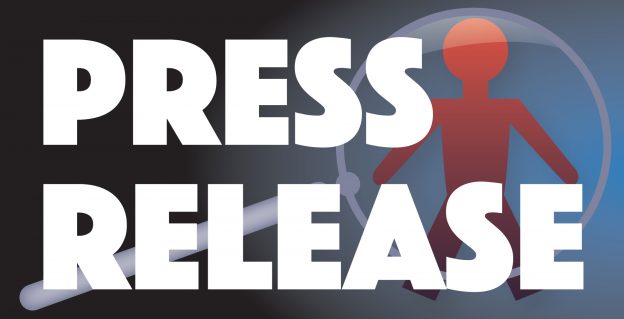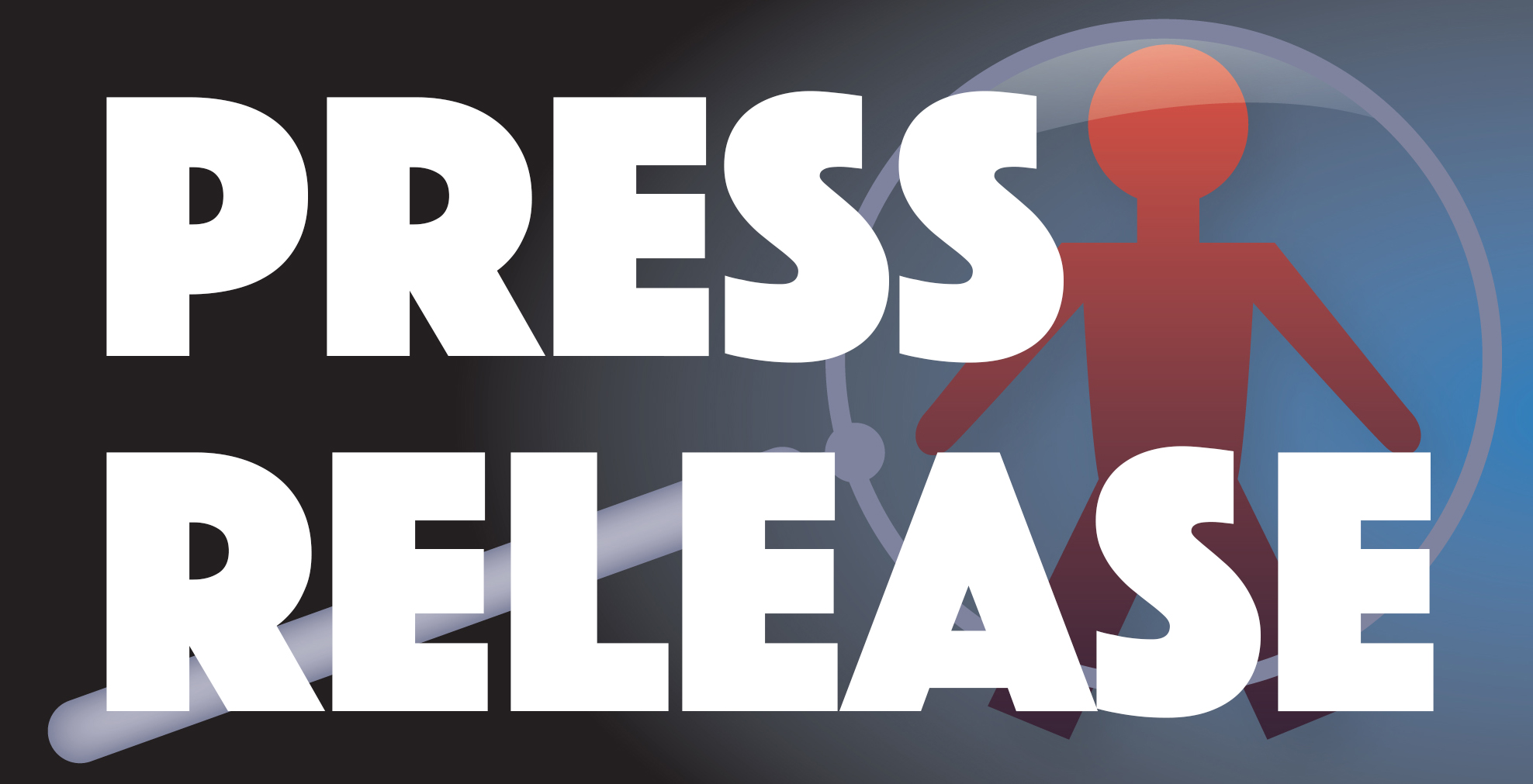***This online event was hosted on unceded Algonquin territory. This land must be returned to the care of the Algonquin People.
The ICLMG is celebrating its 20th anniversary this year. To highlight two decades of advocacy to protect and promote human rights and civil liberties in the context of the “War on Terror,” we have organized an online panel with many of our amazing past and present colleagues and partners.
Watch the video above for a wide-ranging discussion and Q&A on the impacts of Canada’s anti-terror actions and the ongoing efforts to protect fundamental rights and freedoms.
The panelists have covered issues they have worked on with the ICLMG over the years, including:
- The creation of ICLMG in the wake of the Anti-terrorism Act and the War on Terror
- Inquiries into the extraordinary rendition of Maher Arar, Abdullah Almalki, Ahmad Abou-Elmaati and Muayyed Nureddin, and their fight for redress
- The fight against ever-expanding state surveillance, including the International Campaign against Mass Surveillance and campaigns against dangerous surveillance tools like facial recognition technology
- Campaigns against rights-violating legislation that expand the security state, including the Anti-Terrorism Act of 2001, the infamous Bill C-51 (2015) and the more recent National Security Act (2017)
- How anti-terrorism tools like the terrorist entities list, the No Fly List, and the targeting of Muslim charities undermine humanitarian aid, justice and civil liberties
- Islamophobia’s role in the War on Terror, including campaigns against the illegal detention of Khaled Al Qazzaz, Yasser Albaz, Benamar Benatta, and Abousfian Abdelrazik
- Draconian border security measures, including the North American Security Perimeter, and the campaign for accountability for the Canada Border Security Agency
- And much more!
PANELISTS
Roch Tassé
Roch Tassé was the National Coordinator of the International Civil Liberties Monitoring Group from its inception in 2002 until 2015. Following his studies in political science at the University of Ottawa, he worked as a community organizer and journalist before joining the Ottawa-based NGO Inter Pares in 1985. For over 15 years, he was responsible for the organization’s programs in Central America and Mexico, with a special focus on peace-building, refugee and human rights protection, and democratic development.
Maureen Webb
Maureen Webb was co-Chair of the ICLMG from 2005-2010. She is an activist, human rights and constitutional lawyer, and the author of two books on technology and society: Illusions of Security: Global Surveillance and Democracy in the Post 9-11 World, published in 2007, and Coding Democracy: How Hackers Are Disrupting Power, Surveillance and Authoritarianism, published in 2020. Maureen been invited to speak in many venues, has testified before Commons and Senate committees on national security issues, taught comparative national security law at UBC Law School, and written numerous articles for peer-reviewed legal journals, including one on the extraterritorial application of the Charter, which has been cited internationally, and another on the review of the Canadian Anti-terrorism Act, which was cited extensively in the trial judgment in R. v. Khawaja striking down parts of the Act. Her law firm, Sasamat Law, specializes in constitutional litigation and research.
Dominique Peschard
Dominique Peschard has been one of the co-chairs of the ICLMG since 2012. He was also president of La Ligue des droits et libertés from 2007 to 2015, and he is currently a member of the committee “Population surveillance, artificial intelligence and human rights” of la Ligue des droits et libertés. Following the 9/11 attacks, Dominique was actively involved in the fight against anti-terrorist measures. He has represented la Ligue at parliamentary committee hearings on national security and surveillance bills. He has appeared regularly in the media and has also given numerous conferences in Quebec on issues related to the proliferation of draconian rights-violating governmental measures.
Yavar Hameed
Yavar Hameed is a human rights lawyer at Hameed Law in Ottawa. Yavar worked for three years at a labour law firm focusing on trade union law, employment law and human rights. For the past twelve years, he has worked on important cases to help individuals and communities to resist injustice such as discrimination on the basis of poverty, police brutality, persecution of people on the basis of dissident political views, whistle blowing, racial profiling, deportation of migrants, Islamophobia, homophobia and abuse of prisoner rights. Since 2009, he has also taught a seminar course at Carleton University’s Department of Law and Legal Studies entitled, State, Security and Dissent, in which he continues to explore contemporary and historical human rights problems in Canada with a focus upon the importance of material and ideological persecution of dissent by the state.
Monia Mazigh
Monia Mazigh is an academic, award-winning author and human rights activist. Her latest novel, Farida won the Ottawa Book Award for French fiction. Monia is an Adjunct and research Professor at Carleton University in the Department of English and Literature. Her new memoir, “My personal journey with a “Scar… f”, an essay/memoir about gendered islamophobia, will be published in 2023. Monia is a columnist with rabble.ca, ONFr+, Islamic Horizons and has published several articles with the Ottawa Citizen, the Globe and Mail and the Toronto Star, among other newspapers. Monia currently sits on the boards of several organizations, including the Rideau Institute, the Ottawa Muslim Women’s Organization, the Canadian Centre for Policy Alternatives and the Association des Auteures et Auteurs de l’Ontario français. She is also a member of the International Advisory Council for the Institute for Canadian citizenship and sits on the advisory board of Justice for All.
Matthew Behrens
Matthew Behrens is a freelance writer and social justice advocate who coordinates the Homes not Bombs non-violent direct action network, the Stop Canadian Involvement in Torture campaign and the Campaign to Stop Secret Trials in Canada – among many many other projects. He has written extensively for Toronto‘s NOW Magazine and Rabble, examining the connections between national security and civil liberties. He has worked closely with victims of the Canadian and U.S. “national security” apparatus for many years including Abdullah Almalki, Ahmad Elmaati and Muayyed Nureddin, who were rendered to torture, and Mohamed Harkat, who is still the victim of a security certificate and secret trials. He is also currently campaigning for the return of Canadians detained in Canada’s Guantanamo in Northeast Syria, and helping many refugees navigate Canada’s kafkaesque immigration system.
Roger Clark
Clark served as Secretary General of Amnesty International (Canada) from 1988 to 1999. He led many human rights research missions to such countries as Cambodia, Rwanda, Ethiopia, Liberia, Guatemala, Nepal, and Algeria and has served on a number of international committees and boards. Before joining the staff of Amnesty International, Clark taught French language and literature at McMaster University, the University of Saskatchewan, and Memorial University of Newfoundland. He published scholarly articles on utopian thought in French 18th-century literature. In May, 2001, Roger Clark was named as a Member of the Order of Canada. The citation at the time of his award read: “As a volunteer and later as Secretary General of the Canadian Section of Amnesty International, he devoted himself to protecting and furthering the full range of fundamental rights and freedoms of people throughout the world. In May 2002, he was awarded an honorary Doctorate of Letters at St. Thomas University “for his dedication, commitment and long-standing service with Amnesty International”.
Patricia Poirier
Patricia Poirier (she/her) is a former journalist (la Presse Canadienne, Le Devoir, the Globe and Mail), has been involved with human rights, justice and privacy issues as a researcher and communications consultant/employee for a number of organizations, including the ICLMG, the International Federation of Red Cross and Red Crescent Societies (Moscow), Rights & Democracy and the Québec Human Rights Commission. She presently volunteers with a Montreal food security and community care group.
Khalid Elgazzar
Khalid Elgazzar has been practicing law in Ottawa for over a decade. He is recognized as a staunch advocate for the human rights of peoples affected by the national security apparatus, including rendition and torture survivor Abousfian Abdelrazik as well as adults and children put on the No Fly List. Khalid worked with one of Ottawa’s preeminent local law firms before eventually beginning his own practice. In conjunction with his work as a lawyer, Khalid remains active in the volunteer community at both the local and national levels. He currently sits on the Board of Directors of the National Council of Canadian Muslims, a national not-for-profit organization that advocates for the promotion and protection of human rights, and a member of the ICLMG.
****
As much as we’d prefer to be out of business by now, states have shown incredible zeal and creativity in using and extending counter-terrorism and national security legislation and powers to wider and wider segments of society, so we will keep up the fight!
If you can, please consider supporting our work going forward at iclmg.ca/donate or patreon.com/iclmg and get rewards. Thank you!




